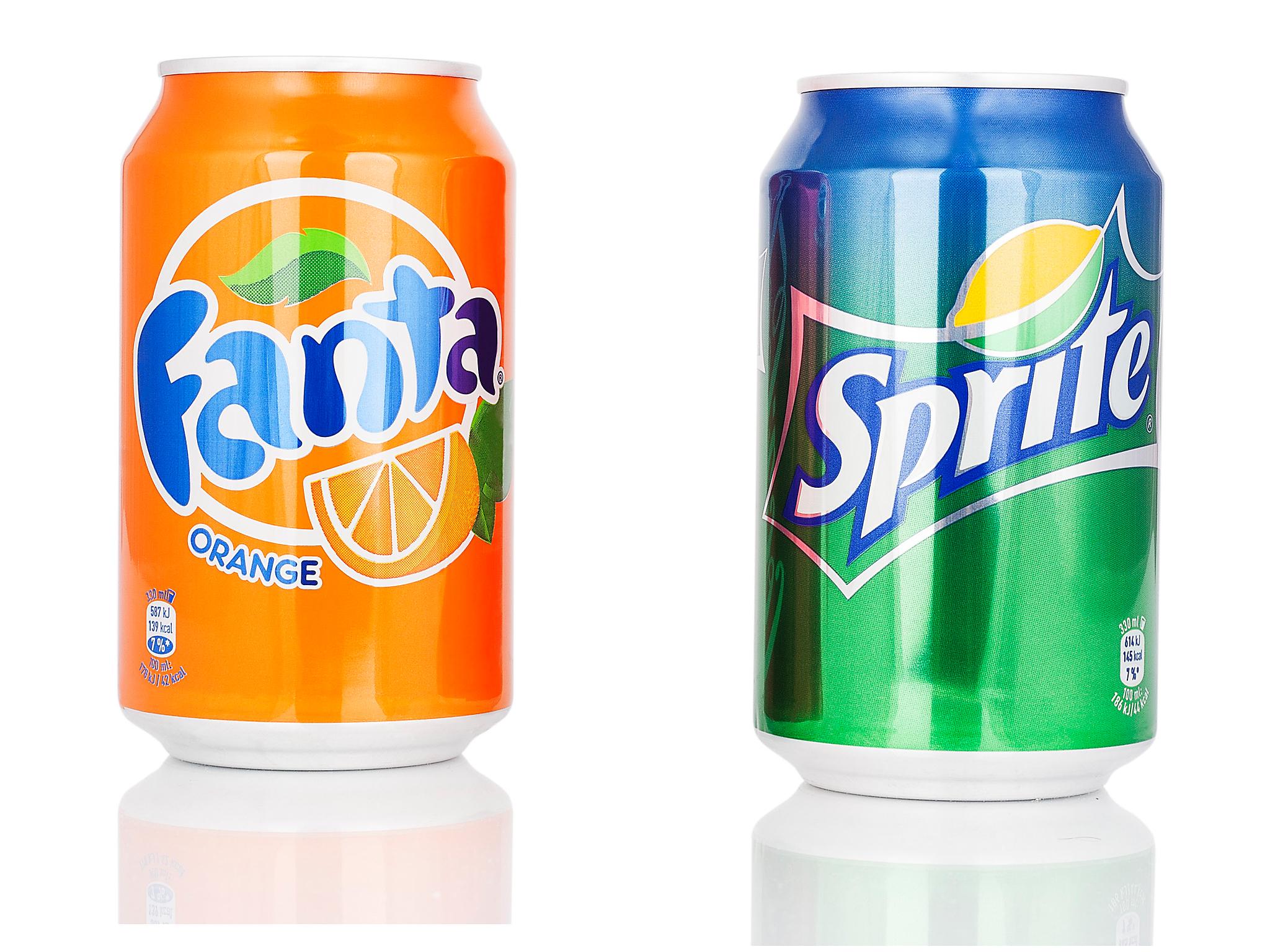Coca-Cola’s products Sprite and Fanta may be ‘poisonous’, rules Nigeria Court
High levels of benzoic acid and sunset additives in the popular soft drinks could pose a health risk to consumers when mixed with vitamin C

Your support helps us to tell the story
From reproductive rights to climate change to Big Tech, The Independent is on the ground when the story is developing. Whether it's investigating the financials of Elon Musk's pro-Trump PAC or producing our latest documentary, 'The A Word', which shines a light on the American women fighting for reproductive rights, we know how important it is to parse out the facts from the messaging.
At such a critical moment in US history, we need reporters on the ground. Your donation allows us to keep sending journalists to speak to both sides of the story.
The Independent is trusted by Americans across the entire political spectrum. And unlike many other quality news outlets, we choose not to lock Americans out of our reporting and analysis with paywalls. We believe quality journalism should be available to everyone, paid for by those who can afford it.
Your support makes all the difference.A high court judge in Nigeria has ruled that some popular soft drinks sold under the Coca-Cola brand could be poisonous.
Bottles and cans of Fanta and Sprite in Nigeria may soon come with written health warnings after Justice Adedayo Oyebanji ordered the Nigerian Bottling Company (NBC) - the local manufacturer of the soft drinks - to place labels on the beverages to inform consumers against drinking them with vitamin C, according to a CNN report citing local sources.
Coca-Cola said the claims are inaccurate and unsupported by science.
“All our products are safe and strictly adhere to regulations in the countries where they are sold while complying with our company’s stringent global safety and quality standards,” a spokesperson for Coca-Cola told the Independent.
Asked about drinks sold in the UK, Coca-Cola said: “Everywhere in the world, we review and evolve our recipes to meet the local market’s needs and tastes. All of the drinks that are sold in Great Britain are manufactured locally. Our priority is always to provide great tasting, affordable drinks with the same high level of quality regardless of where they are sold.”
The Lagos High Court ruled that high levels of benzoic acid and additives in Coca-Cola’s soft drinks could pose a health risk to consumers when mixed with ascorbic acid, commonly known as vitamin C.
The judge also gave a fine equivalent to $6,350 (£5,115) to the National Agency For Food and Drug Administration and Control (NAFDAC) for failing to ensure health standards.
"It is manifest that NAFDAC has been grossly irresponsible in its regulatory duties to the consumers of Fanta and Sprite manufactured by Nigeria Bottling Company," the judge said.
"NAFDAC has failed the citizens of this great nation by its certification as satisfactory for human consumption products [...] which become poisonous in the presence of ascorbic acid," he added.
The ruling was the result of a nine-year-long court battle initiated by Nigerian businessman Fijabi Adebo.
Mr Adebo’s drinks company attempted to export the drinks to the UK in 2007. However, the beverages were confiscated by UK customs and after being tested by UK health authorities they were deemed unsafe for human consumption and destroyed.
Mr Adebo then sued NBC, which had sold him the products.
In an interview with the BBC, Mr Adebo said: "Initially they were flexing their muscles, which dragged [out] the process. I went to court to compel Nafdac to do its duty.
"We shouldn't have a product that is considered substandard in Europe."
NBC lawyers argued that the products were not intended for export but the defense was rejected by the judge.
"Soft drinks manufactured by Nigeria Bottling Company ought to be fit for human consumption irrespective of colour or creed," the judge said.
Both the NBC and NAFDAC are appealing against the ruling.
“Both Benzoic Acid and Ascorbic Acid (Vitamin C) are ingredients approved by international food safety regulators and used in many food and beverage products around the world. These ingredients are also used in combination in some products within levels which may differ from one country to another as approved by the respective national food and drug regulators in line with the range prescribed by CODEX, the joint intergovernmental body responsible for harmonizing international food standards,” NBC said in a statement.
Nigeria's health ministry published a statement reassuring Nigerians that the drinks are safe for human consumption.
However it also advised all Nigerians to take medicine with potable water as this “would help to prevent unexpected drug-food interactions”. It also “encourages” all bottling companies to “insert advisory warning” on all products as necessary.
Customers took it to Twitter to express their anger and call for a boycott after the ruling was made public.
"No longer drinking Coca Cola products in Nigeria. Short story, they are not fit for consumption," Onye Nkuzi, based in Nigeria, tweeted.
"Nigerians should boycott Coca-Cola products until foreign experts come to certify their products in Nigeria safe for consumption," Henry Asede said on Twitter.
Join our commenting forum
Join thought-provoking conversations, follow other Independent readers and see their replies
Comments